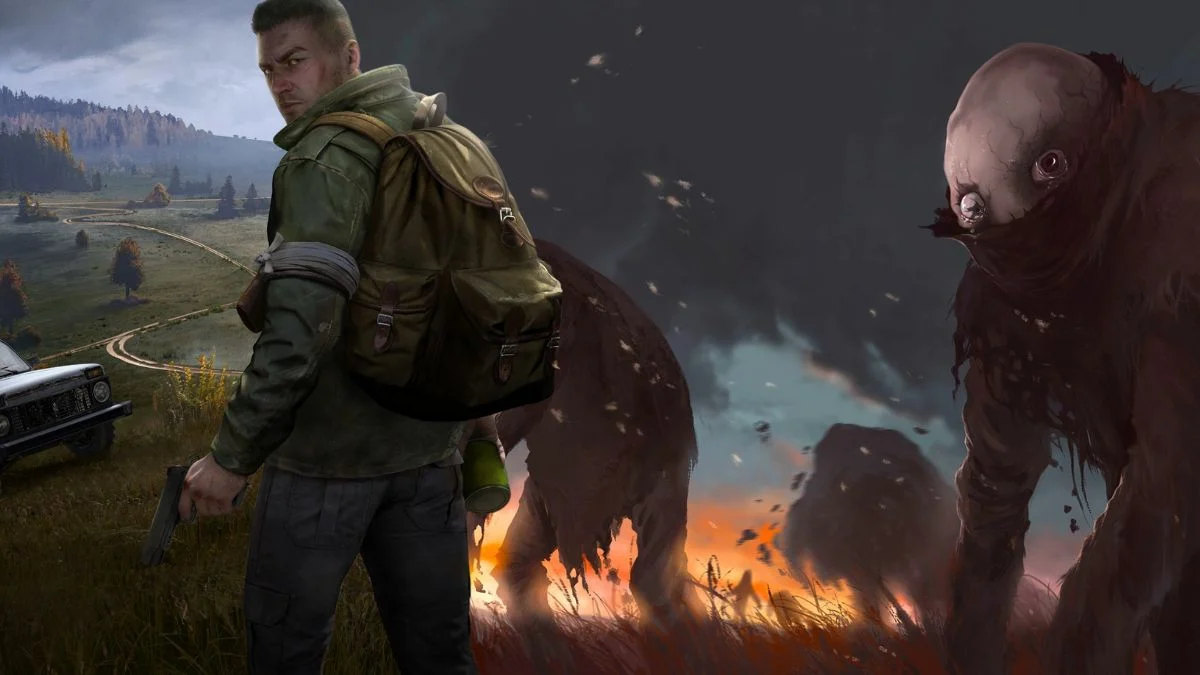
Many games go beyond simple shops, making trade and negotiation a core part of the experience. Instead of just buying things with money, you’ll often find yourself swapping items, crafting goods, and figuring out what others need. This system of bartering – finding good trades – is key to getting ahead, whether you’re surviving in a harsh world or building a powerful team. Here are twenty games where trading is more effective than simply making a purchase.
‘Pathologic 2’
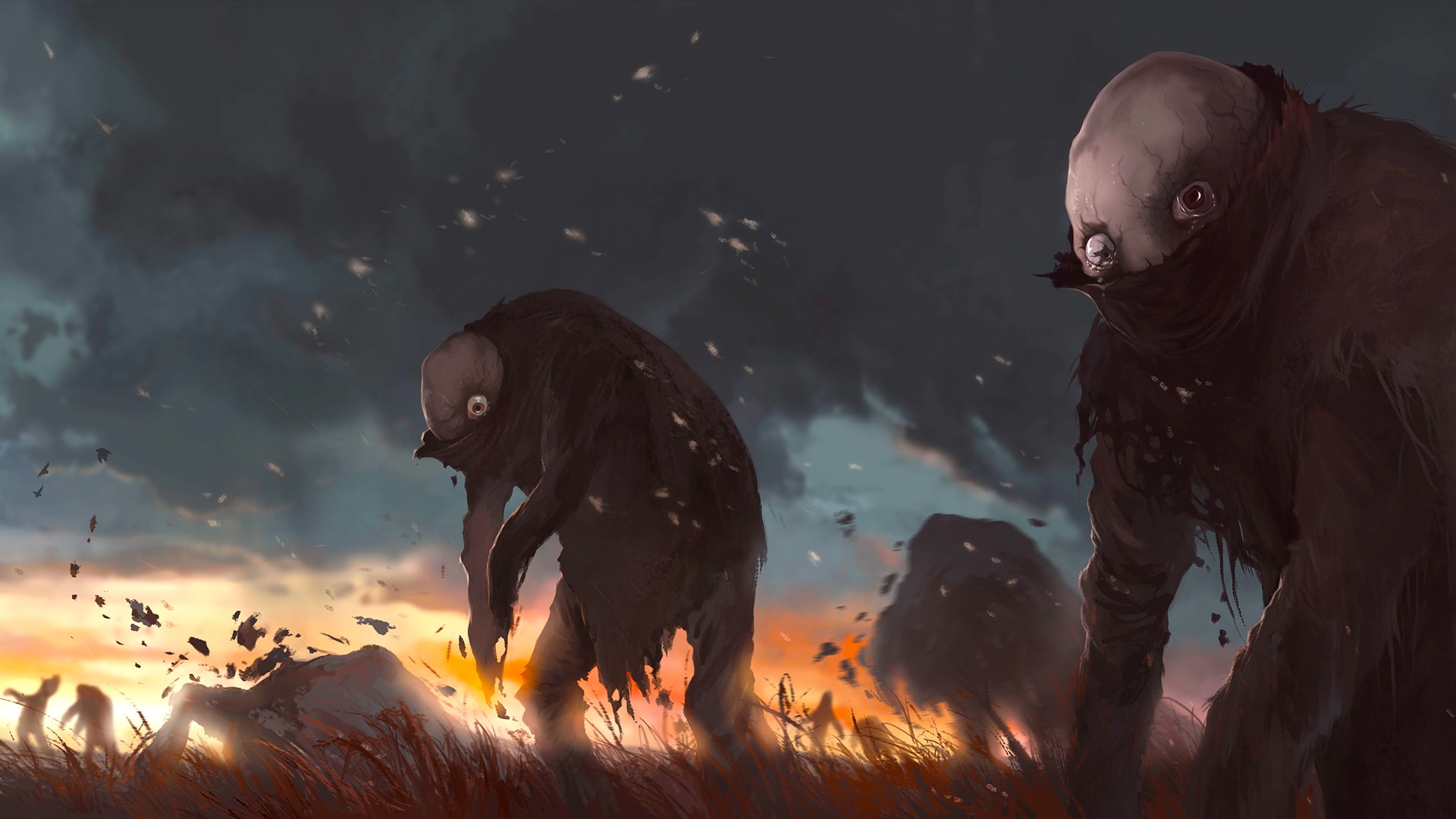
In this town, trading is how everyone gets by. People value common things – like needles, razors, and even toast – differently depending on who you’re dealing with. Kids prefer to trade toys and don’t really use money, so you have to pay attention to what others offer to get a sense of prices. How well-known you are in each area also matters, influencing what people will trade with you – so planning your route is part of doing business. It helps to carry a variety of small items to satisfy unusual requests and get better deals.
‘Escape from Tarkov’
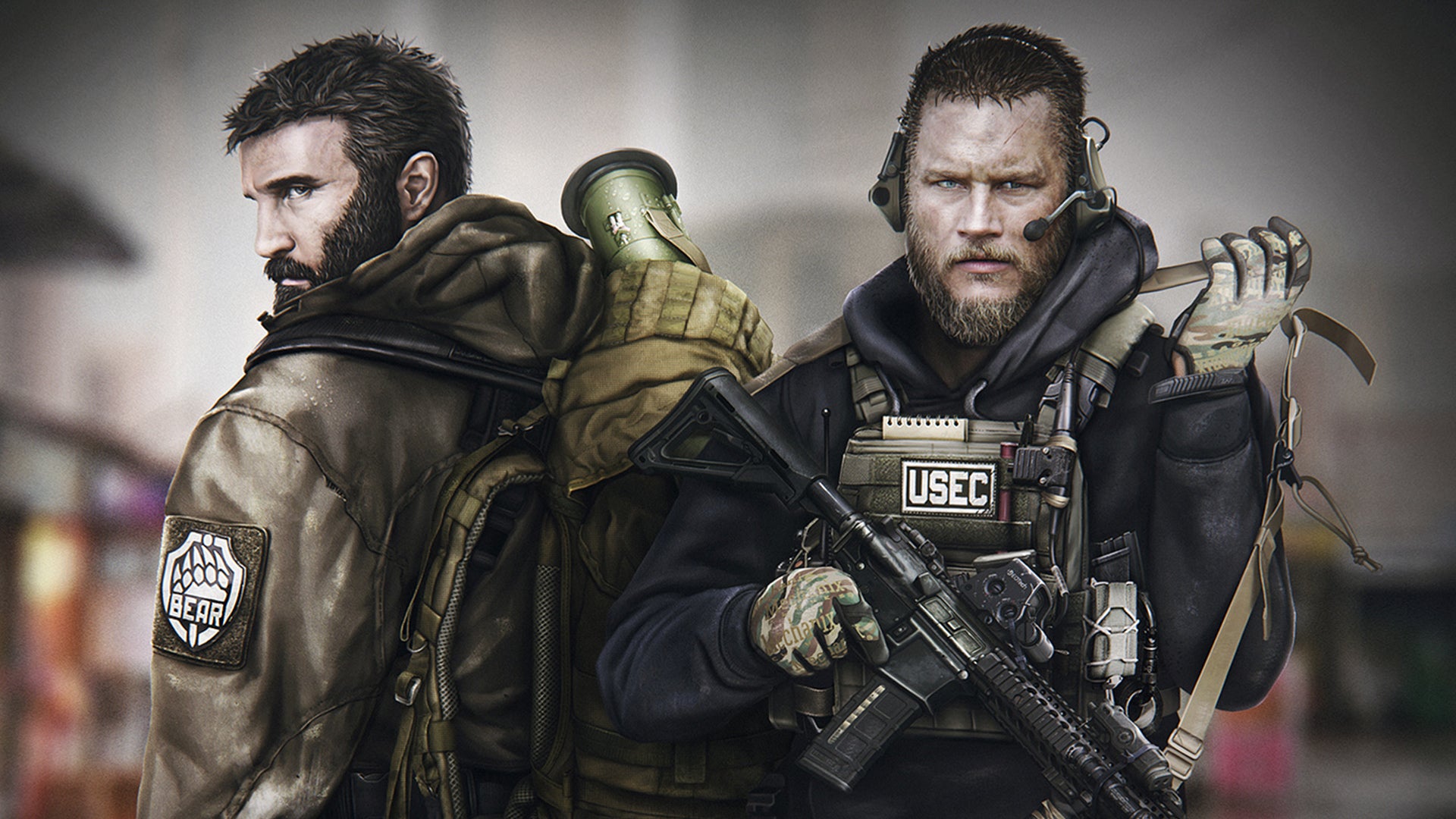
Players can trade specific items directly for powerful weapons, armor, and modifications. Completing quests unlocks more items for trading, allowing you to get top-tier gear without using cash. The in-game flea market lets players trade items with each other, turning rare supplies into equipment. Learning which quest items are also valuable for trades can save you money and help you level up faster.
‘This War of Mine’
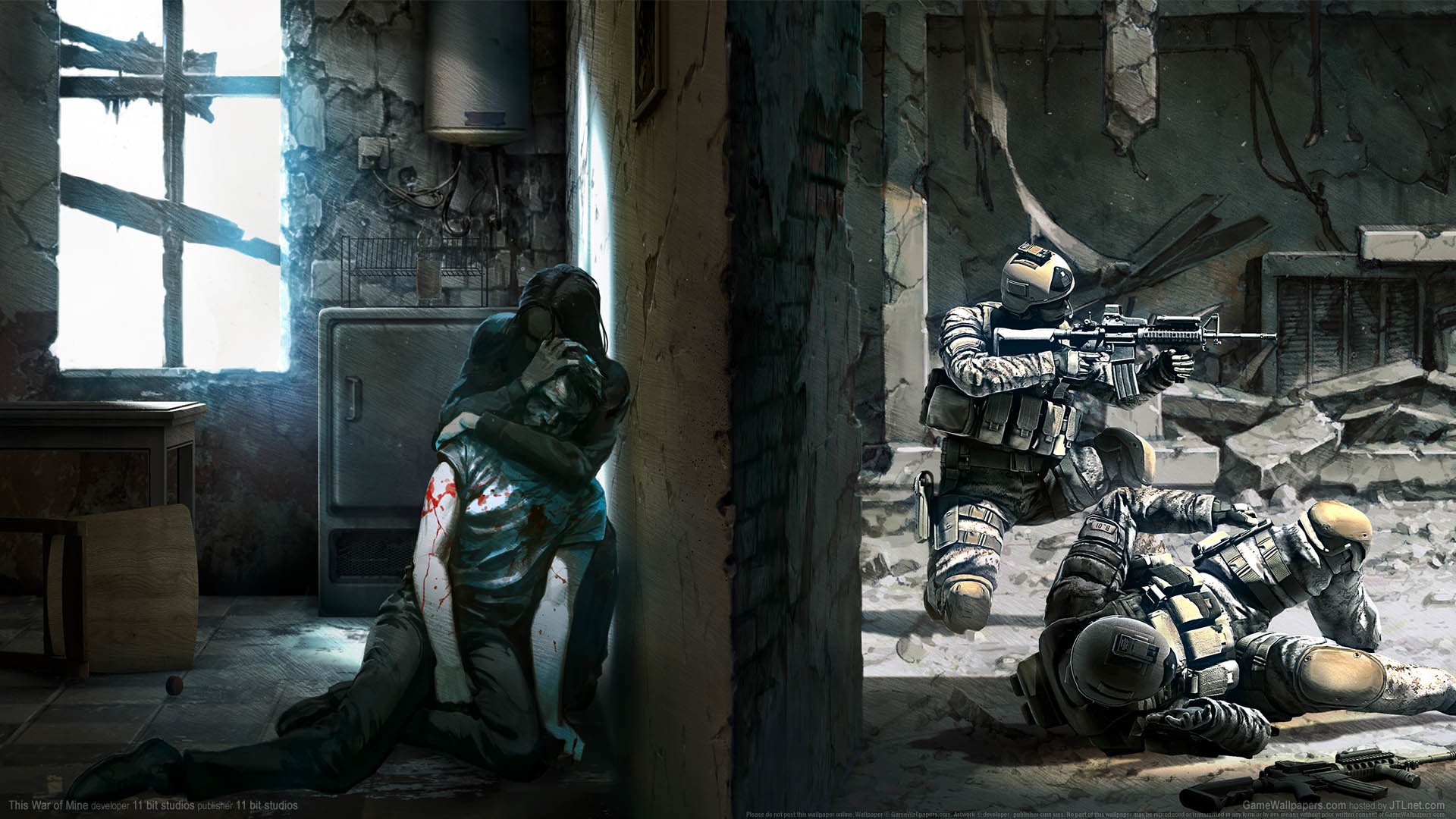
Everyone values things differently, meaning medicine and bandages are always in demand, while luxuries are only useful when people are feeling down. You’ll want to carry small, valuable items to get the best trades during dangerous nighttime trips. A “Generosity” indicator helps you decide what to add or remove from trades, turning each exchange into a mini-challenge. The items you trade affect what becomes scarce in the city, so your choices have lasting consequences.
‘Mount & Blade II: Bannerlord’
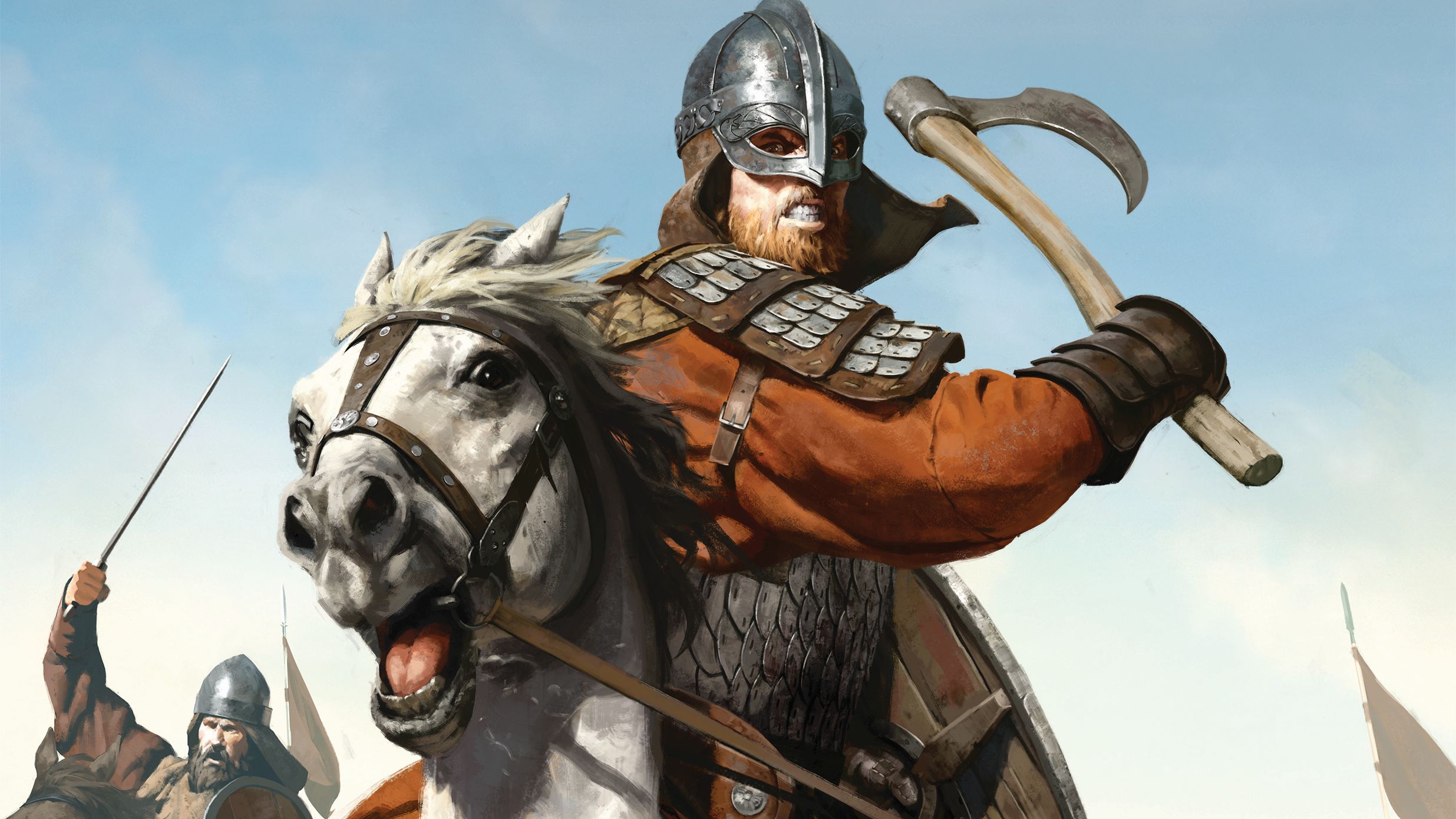
The bartering screen is a comprehensive system where you can trade all sorts of things – goods, prisoners, money, land, and even political influence. When dealing with nobles, a handy meter shows you how much they value different offers, letting you make deals – like peace treaties or marriages – without paying gold. In towns, you can make money by buying low in one area and selling high in another, taking advantage of what’s in demand. Your companions also have skills that boost your bartering and trade, making caravans and diplomacy even more profitable.
‘Path of Exile’
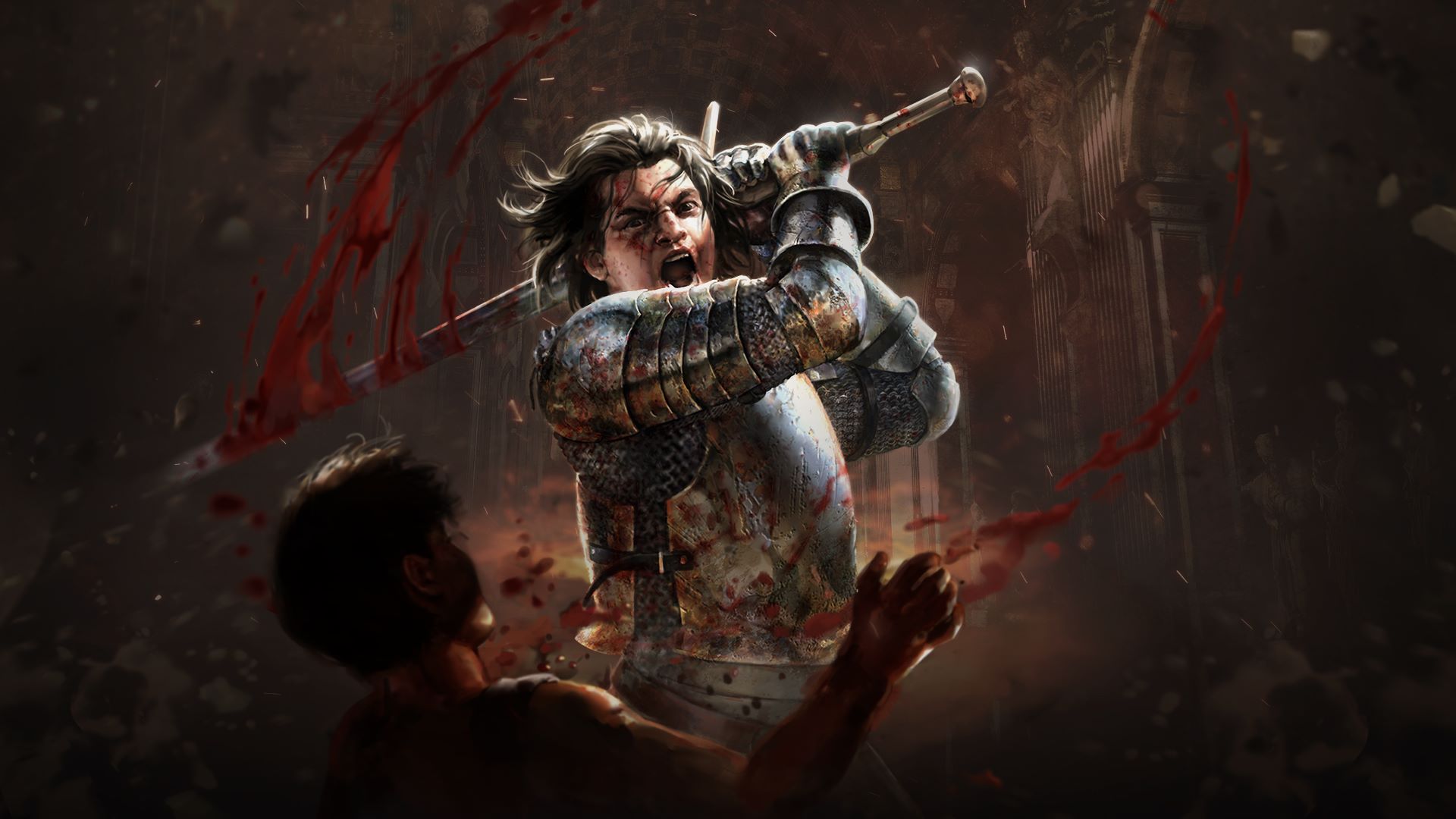
As a player, I’ve noticed there’s no traditional gold in this game – instead, everything revolves around items you can use to craft things. It’s a total trading game! Vendors have these cool recipe tables where they’ll take unwanted gear and turn it into orbs, so finding ‘junk’ that other people need is actually really valuable. While most things are priced using chaos or exalted orbs, you’ll often see players directly trading specific items or fossils. To really get ahead, you need to figure out what currencies and modifications other players are actually looking for.
‘Resident Evil 4’
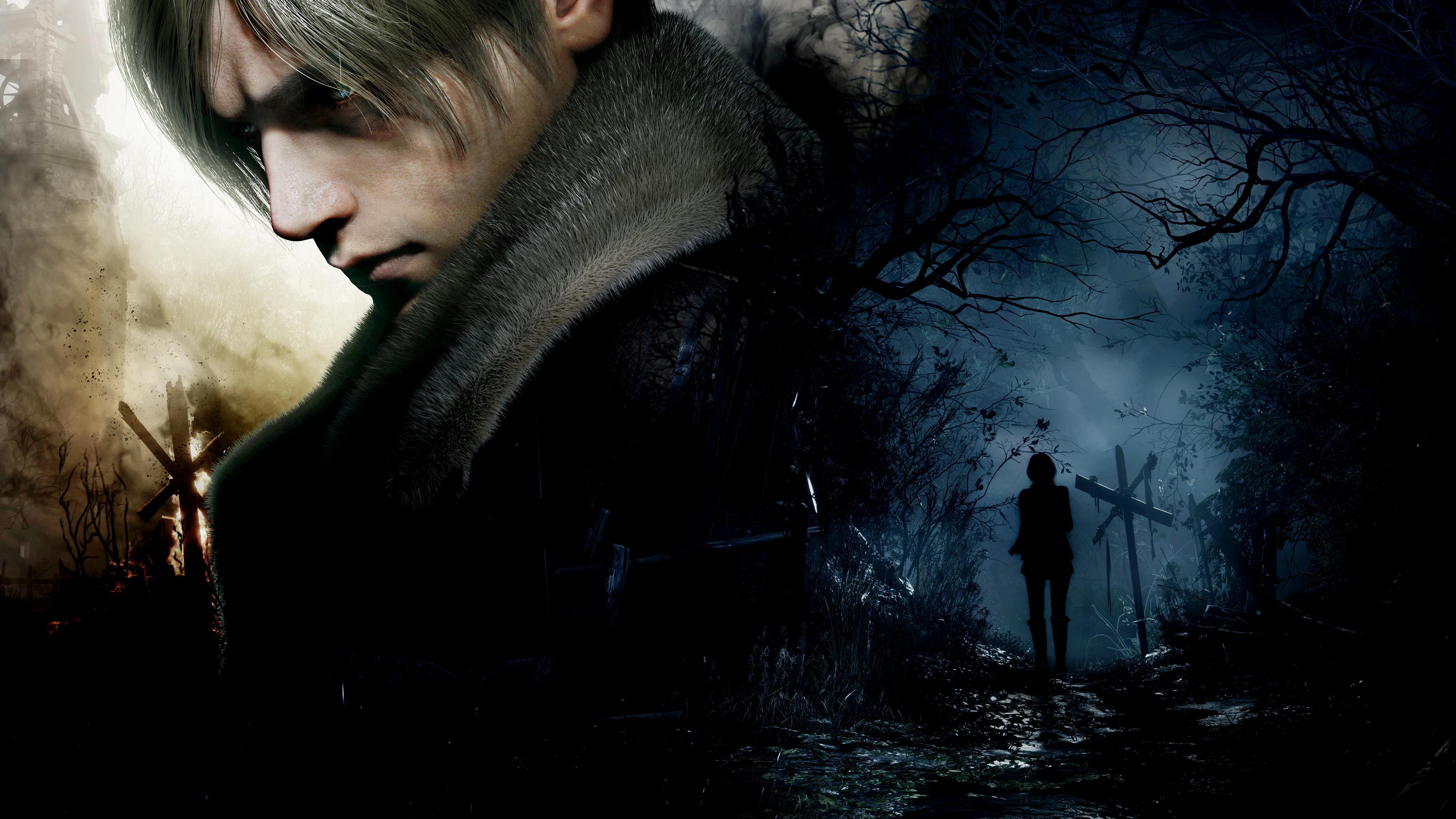
You can trade spinels at the Merchant’s shop for special weapons, weapon upgrades, and maps. You earn spinels by completing optional side quests, which helps you get better gear without using your regular money. The Merchant also sells unique items and upgrades that you can’t find anywhere else, making it smart to save up your spinels. Plus, if you time your purchases when the Merchant has special stock, you can save even more money.
‘The Banner Saga’
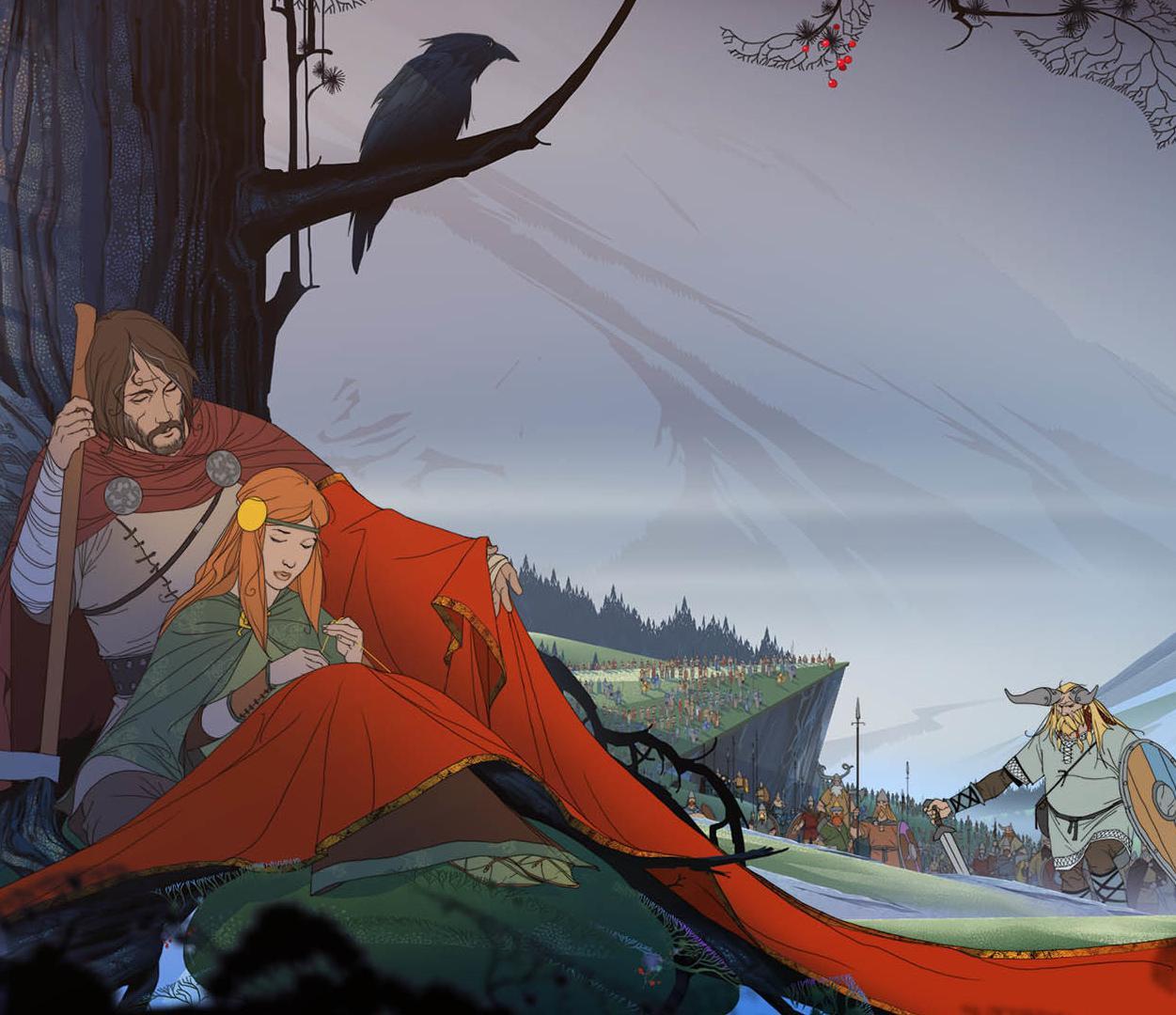
Renown serves as both what you’ve accomplished and a way to buy things, meaning spending it on upgrades means waiting longer for supplies. Prices in markets vary depending on where you are and how rare items are, so it’s smart to plan your stops carefully. You’ll have to balance the needs of your clan with your character’s development by deciding when to use renown and when to hold onto it. Effectively managing this shared resource means every purchase is a trade-off between what you need right now and building long-term power.
‘DayZ’
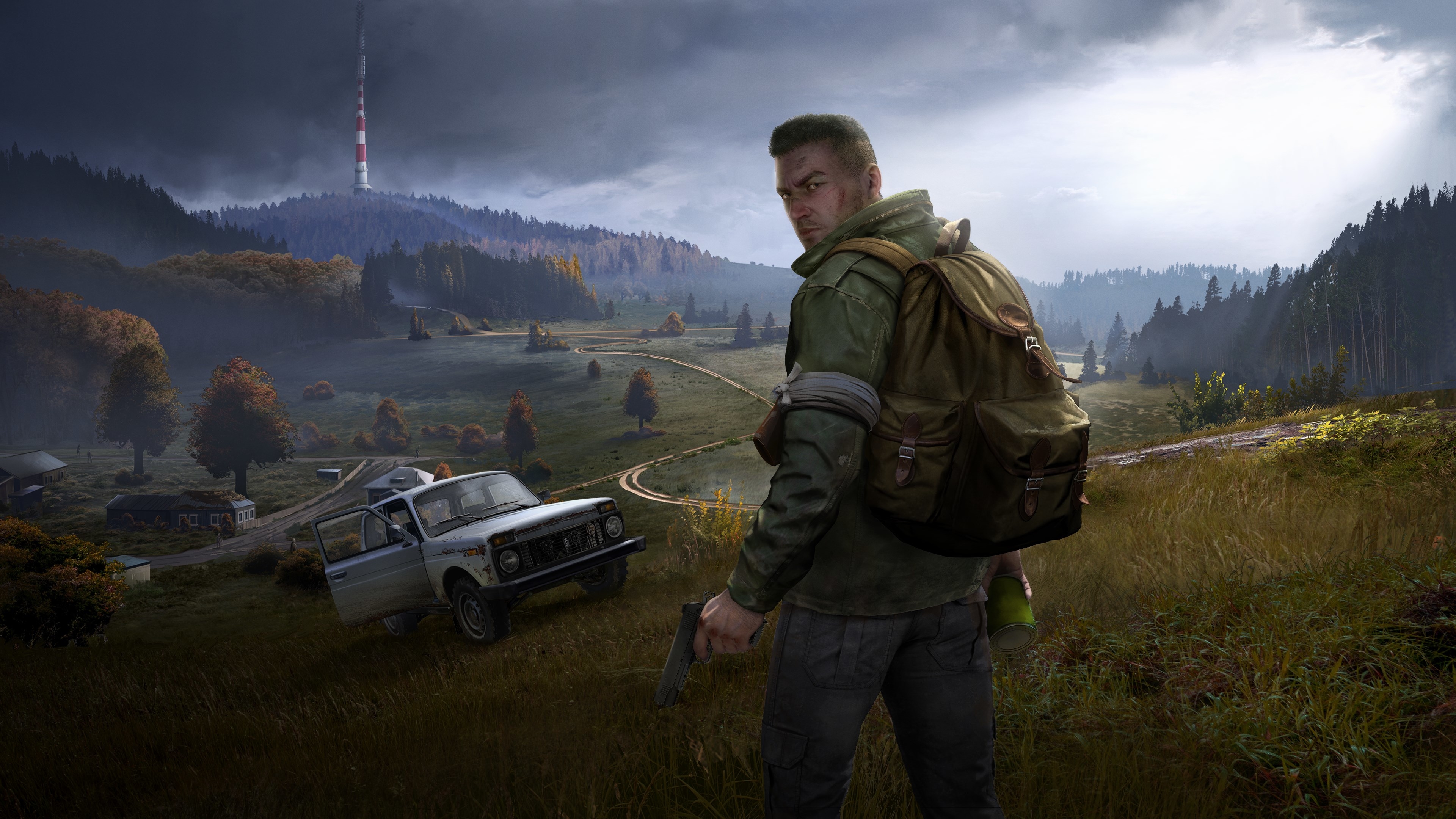
After the collapse, there’s no standard money, so people trade essential items like medicine, bullets, tools, and food at temporary meeting points. What things are worth changes depending on what’s rare at the moment and the weather – sometimes water or warm clothes are more valuable than guns. How well other players see you matters, because successful trading depends on building trust and finding people to trade with regularly. On many player-run servers, common exchange rates develop to help everyone trade fairly.
‘The Oregon Trail’
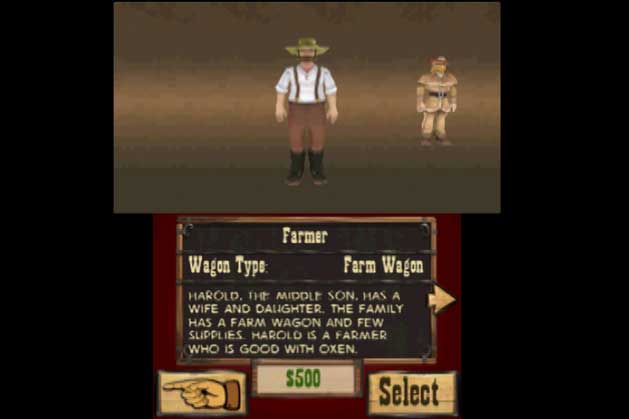
When you’re low on money, you can trade goods at forts and with people you meet on the trail to get replacement parts and ammunition. Other travelers will offer trades based on what you need, meaning extra clothes or food could be enough to fix a broken wagon. This encourages you to bring items that are useful and valuable in different areas. Successful trading is often the key to keeping your group safe and reaching your destination.
‘Neo Scavenger’
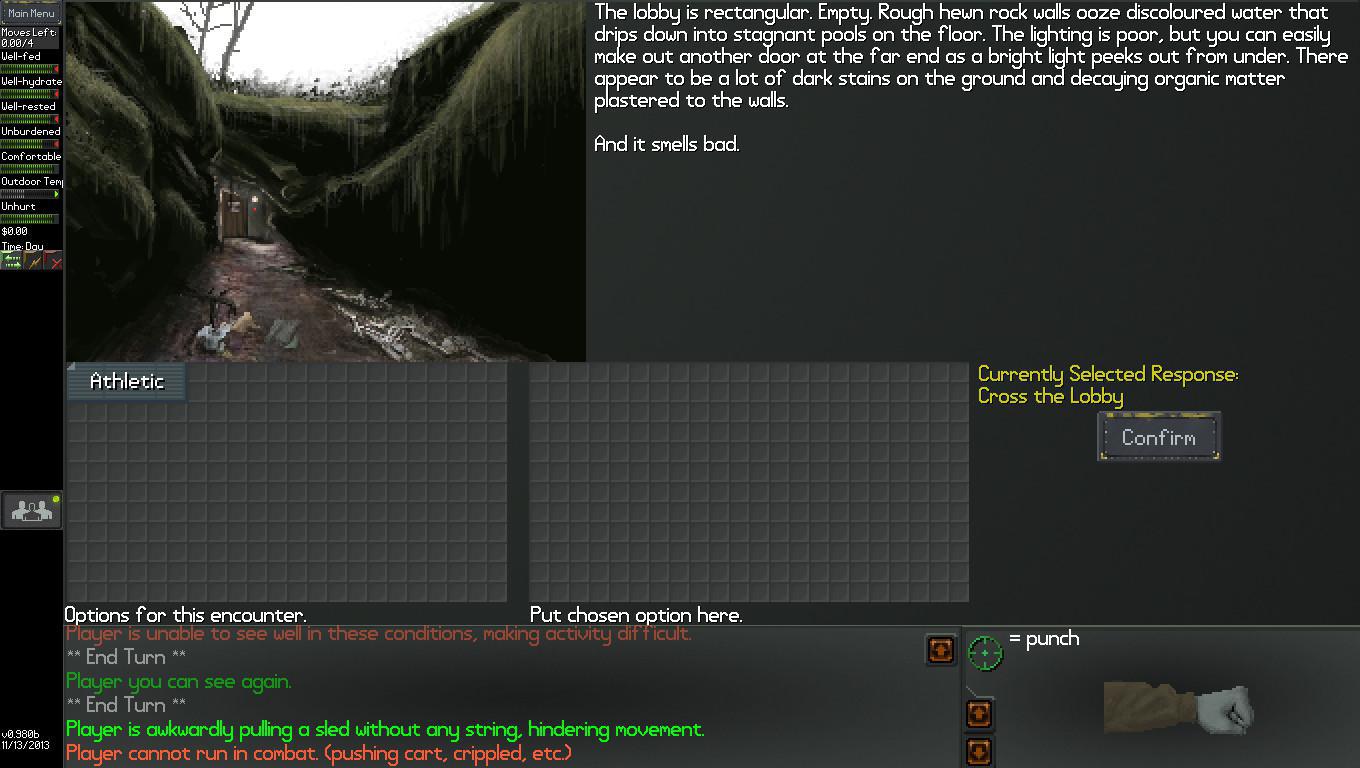
Traders and travelers really care about how well things are kept and how clean they are, meaning fixed-up gear is worth much more. It’s a balancing act – you need to decide whether to carry a lot of items or focus on valuable ones, as things like backpacks and clean water are often better trades than broken weapons. Different traders want different goods, so you have to plan what you’re carrying before you go to market. Ultimately, keeping your items in good shape is key to successful trading – maintenance directly translates to profit.
‘The Long Dark’
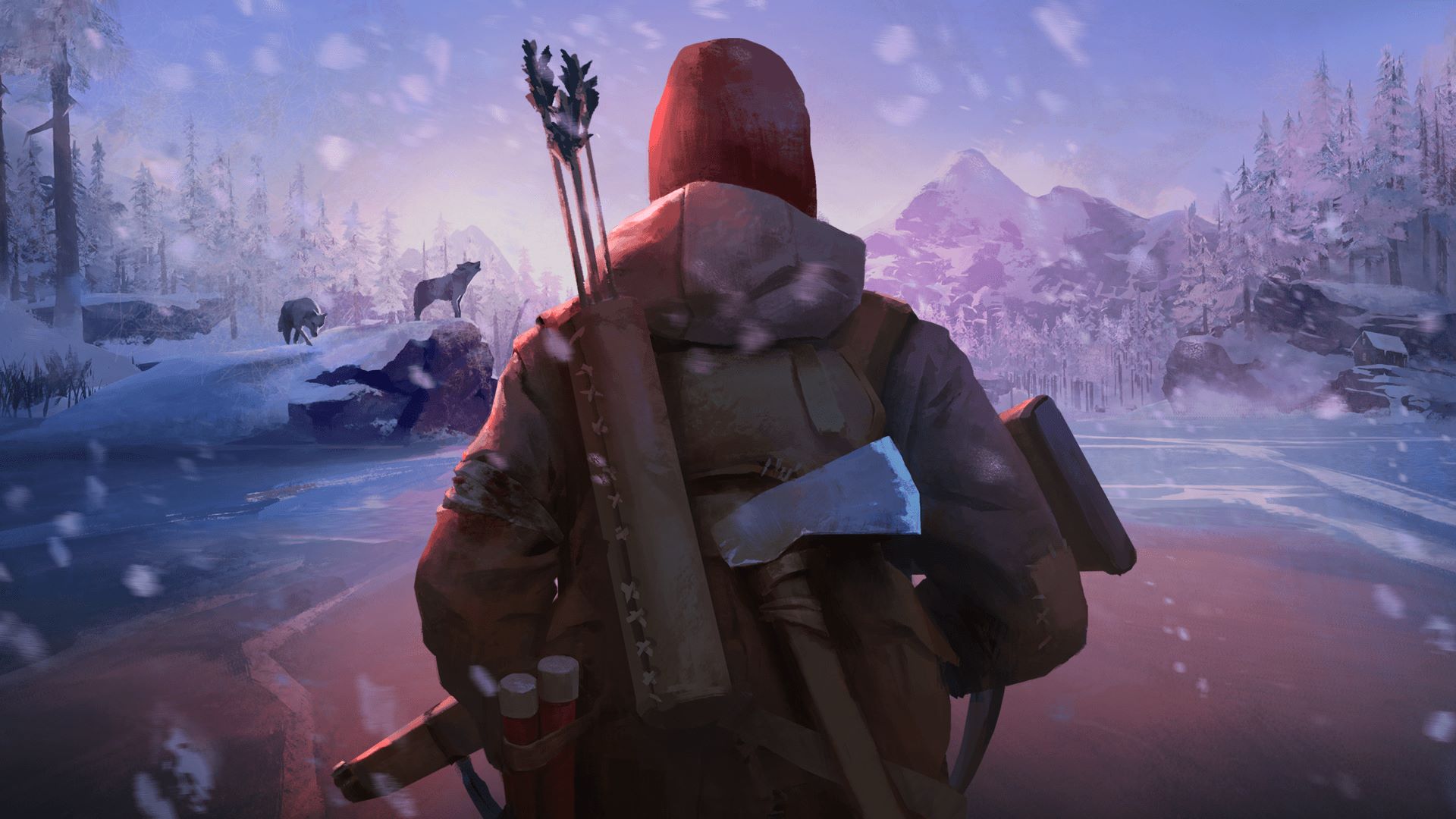
In story mode, building relationships with characters through completing tasks makes them more willing to trade, giving you access to better and more valuable items. When trying to survive, think of crafting and healing as part of your trading strategy with other people. Offering useful items like coffee, medicine, and good clothing will speed up trades more effectively than just offering junk. And, to conserve ammo, it’s smart to plan your travels around areas where you’re likely to find traders.
‘Red Dead Redemption 2’
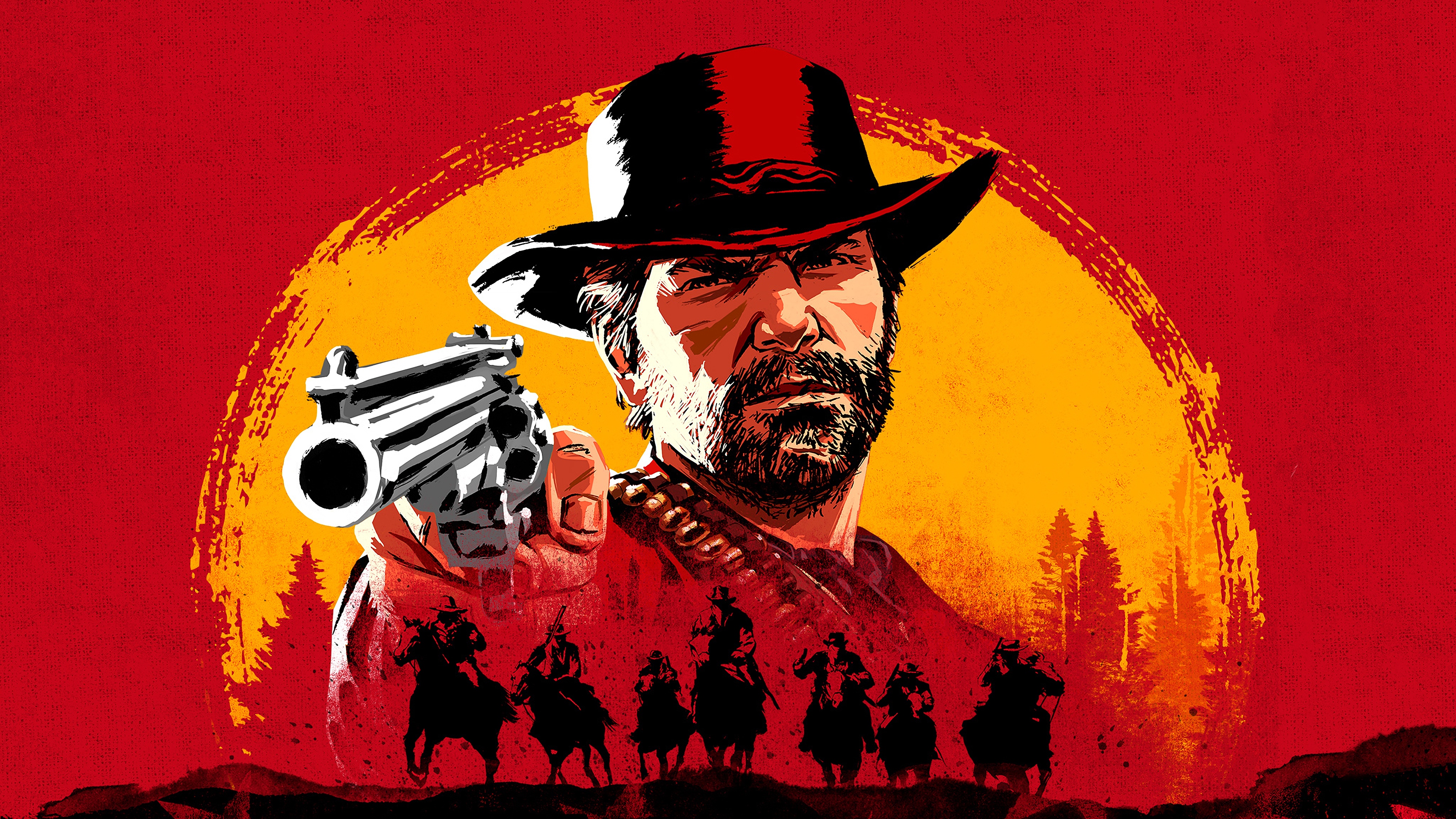
The Trapper creates custom clothing from excellent animal hides, meaning skillful hunting lets you get top-tier gear without spending money. Pearson improves your camp’s storage bags using parts from animals you hunt, effectively turning resource gathering into a trading system. You can use fences to exchange stolen items for useful talismans and satchels that give you lasting benefits. By mastering these trading networks, you can avoid buying from stores and instead acquire what you need through focused collecting.
‘The Elder Scrolls V: Skyrim’

Okay, so as I level up my Speech skill, merchants start reacting to it. Basically, the better I talk, the more I can buy and sell, and even shady fences will take more of my stuff. Once I get a few Speech perks, I can sell things like potions, jewelry, and the gear I craft for a good price. Then, if I grab the Investor and Master Trader perks, merchants in all the towns get more money to spend, which is awesome for trading. And the real sweet spot? Haggling perks make anything I craft the absolute best thing to use when bartering – I can get way better deals that way!
‘Don’t Starve’
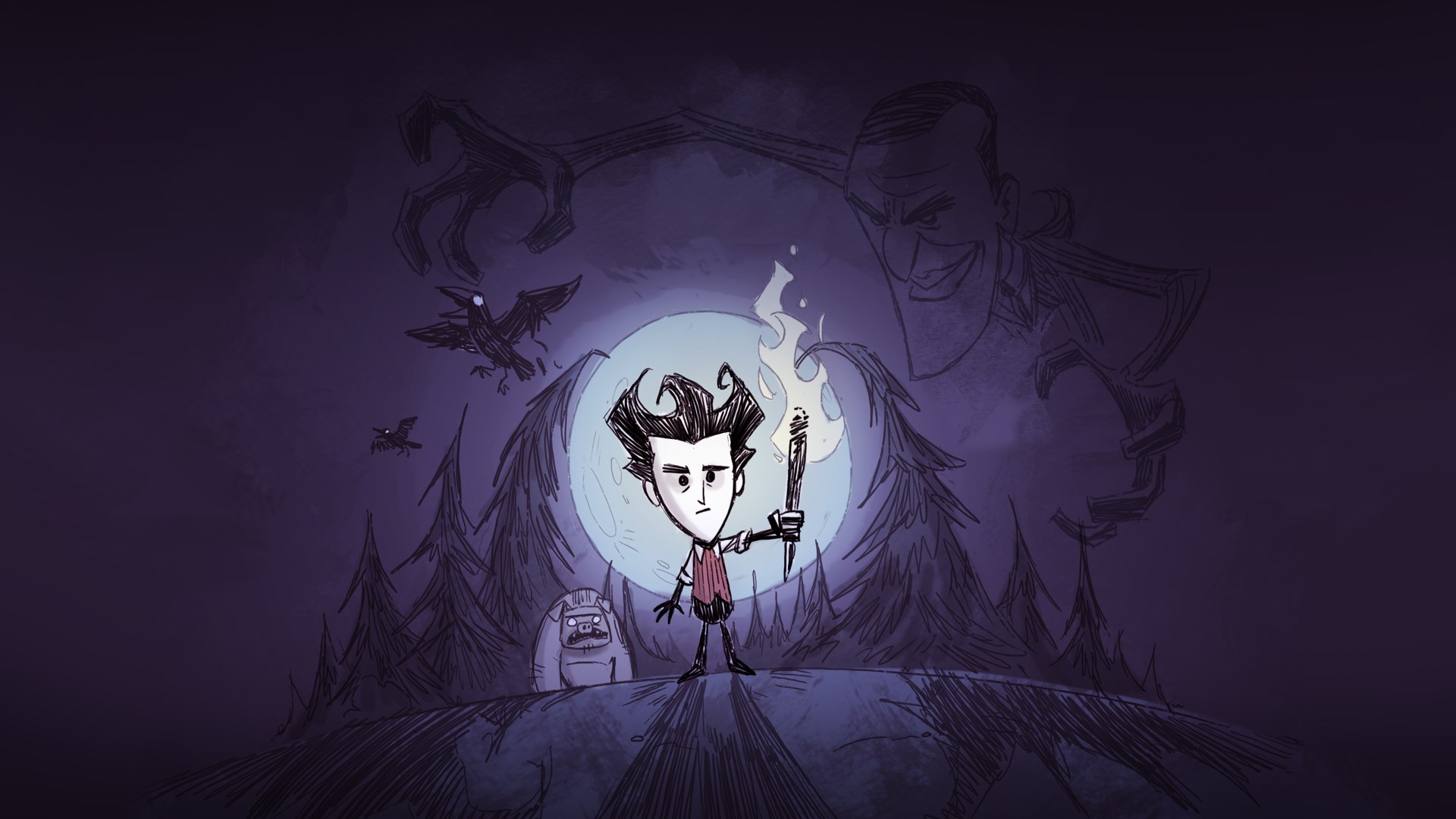
The Pig King trades small items and food for gold, which is used to build tools and structures. Some traders will also take resources nobody else wants, motivating players to collect specific materials. Because valuable goods change with the seasons, players need to plan their farms and traps around trading opportunities. Successful trading routes can also help players avoid dangerous expeditions when the weather is bad.
‘Fallout: New Vegas’
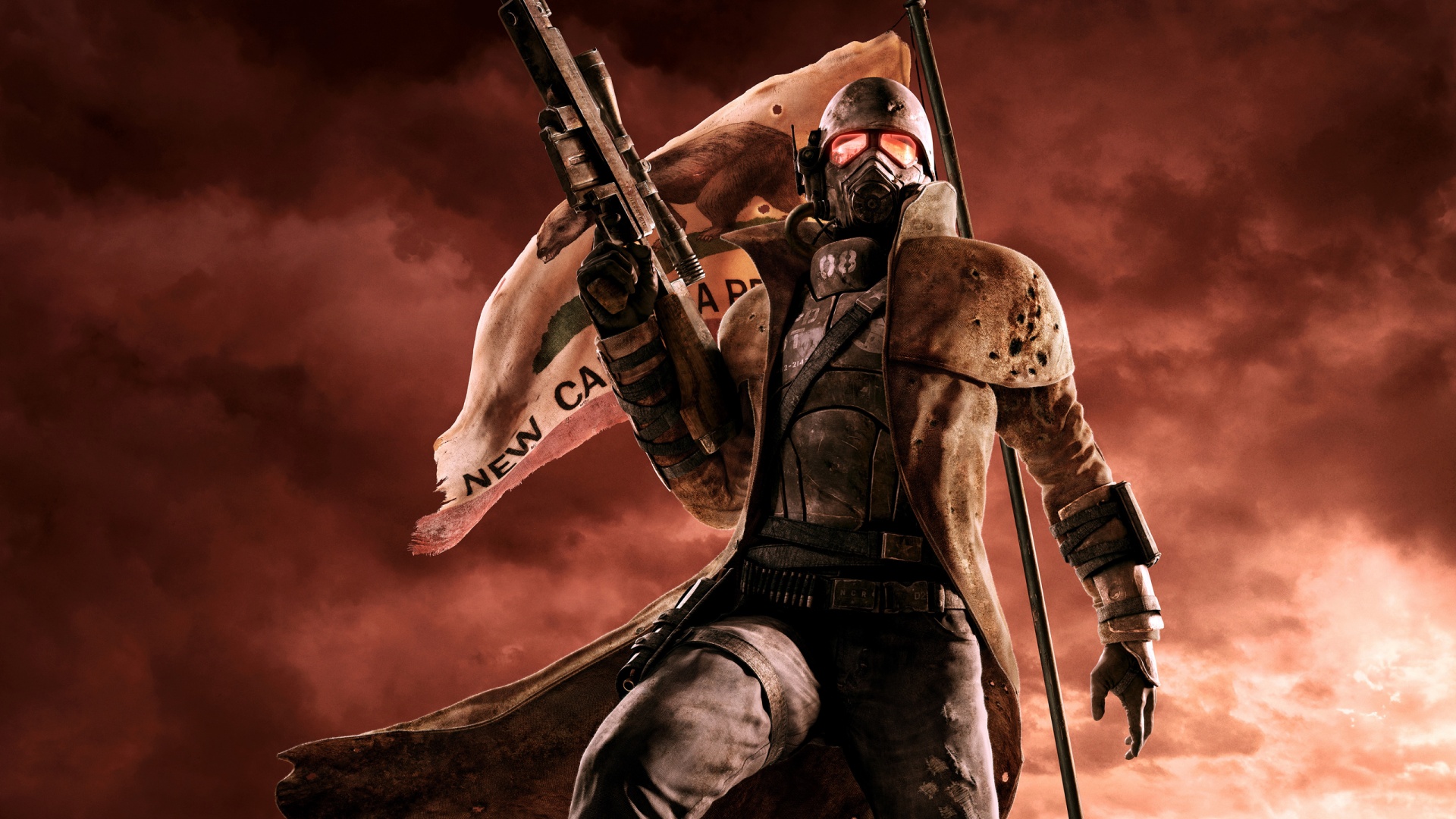
The Barter skill lets you trade items and get better results from quests through dialogue. As you build a good reputation with different groups, merchants will offer you better prices than simply paying with cash. When traveling between settlements, ammo and crafting materials can hold their value well. Plus, with certain perks and clothing, you can turn junk you find into valuable upgrades.
‘Death Stranding’
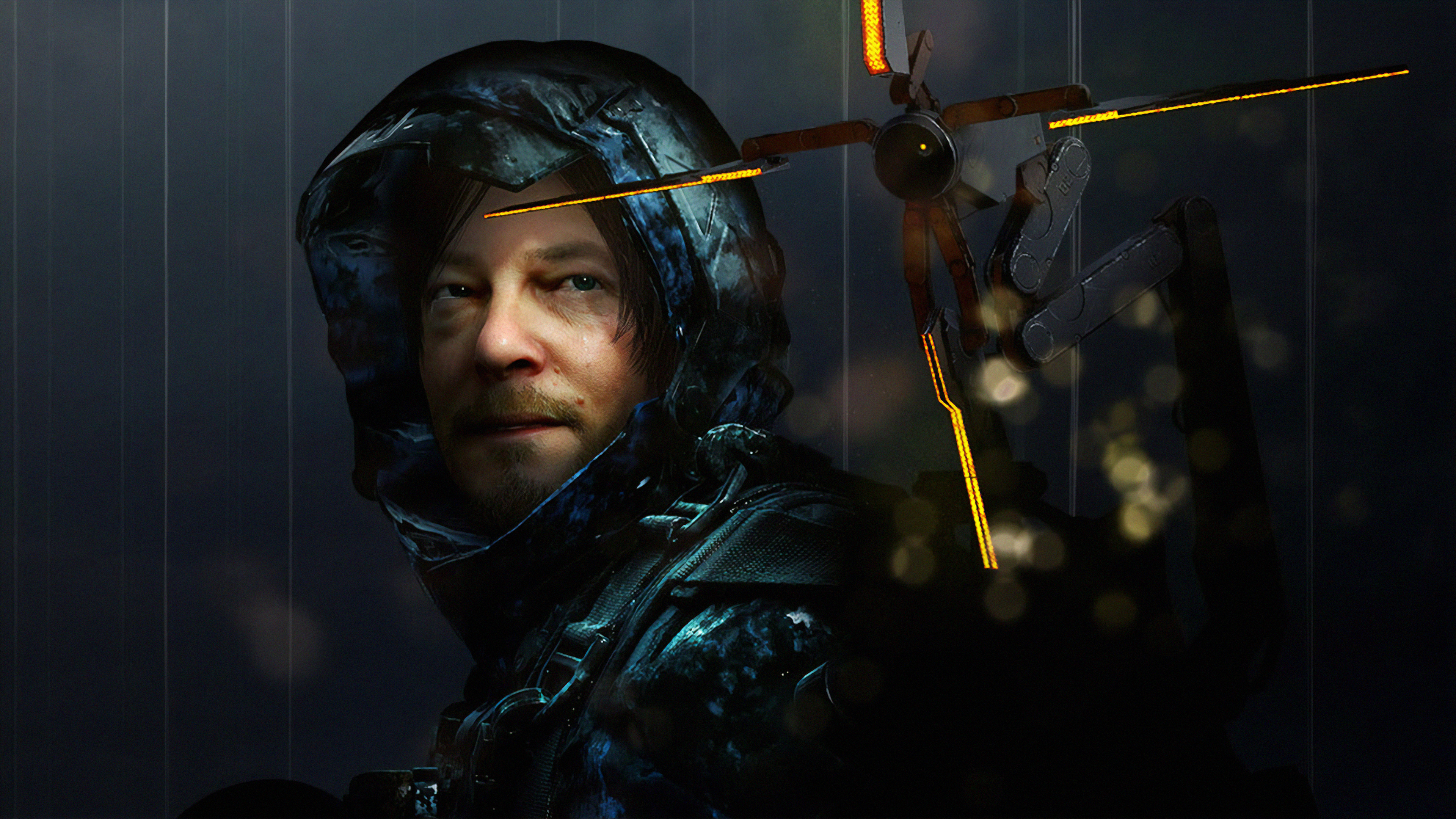
As you improve relationships with other players by exchanging goods, you’ll unlock access to blueprints and materials. A shared storage system allows for item trading – you can leave things for others and receive helpful items in return, essentially creating a bartering system. Instead of directly buying improvements, players contribute resources to build and upgrade structures together. Establishing consistent trade routes generates value, which you can then use to acquire better equipment and vehicles.
‘State of Decay 2’
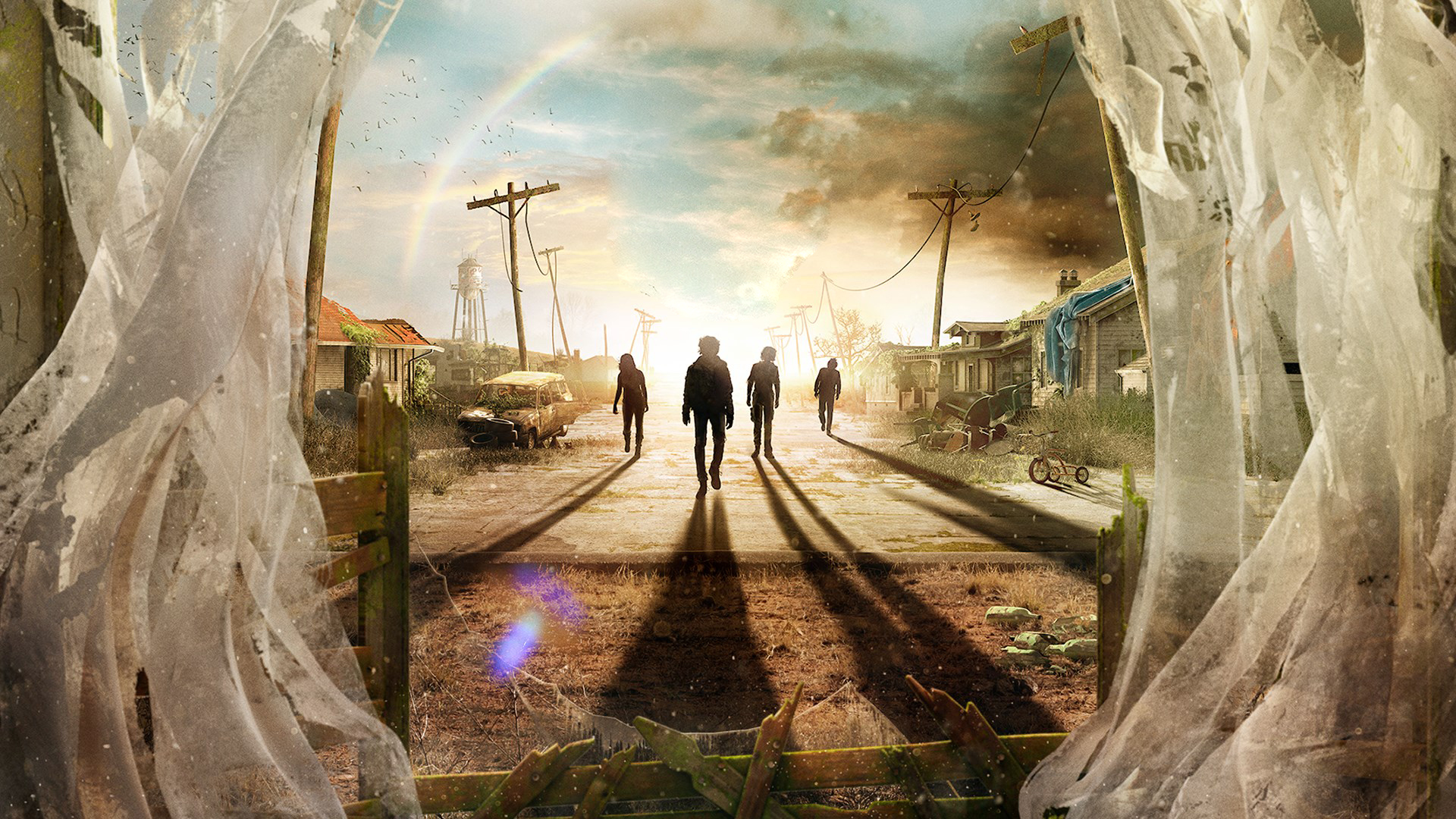
Enclaves trade using your reputation, but often the best deals depend on the supplies – like backpacks and other goods – you bring with you. Some enclaves specialize in rare items or services, and it’s easier to get what you need if you have the right trade goods. Your leader’s skills and the facilities you build can increase your production, giving you more to trade. Keeping extra medicine and food on hand helps you maintain a steady flow of supplies through these trades.
‘Monster Hunter: Rise’
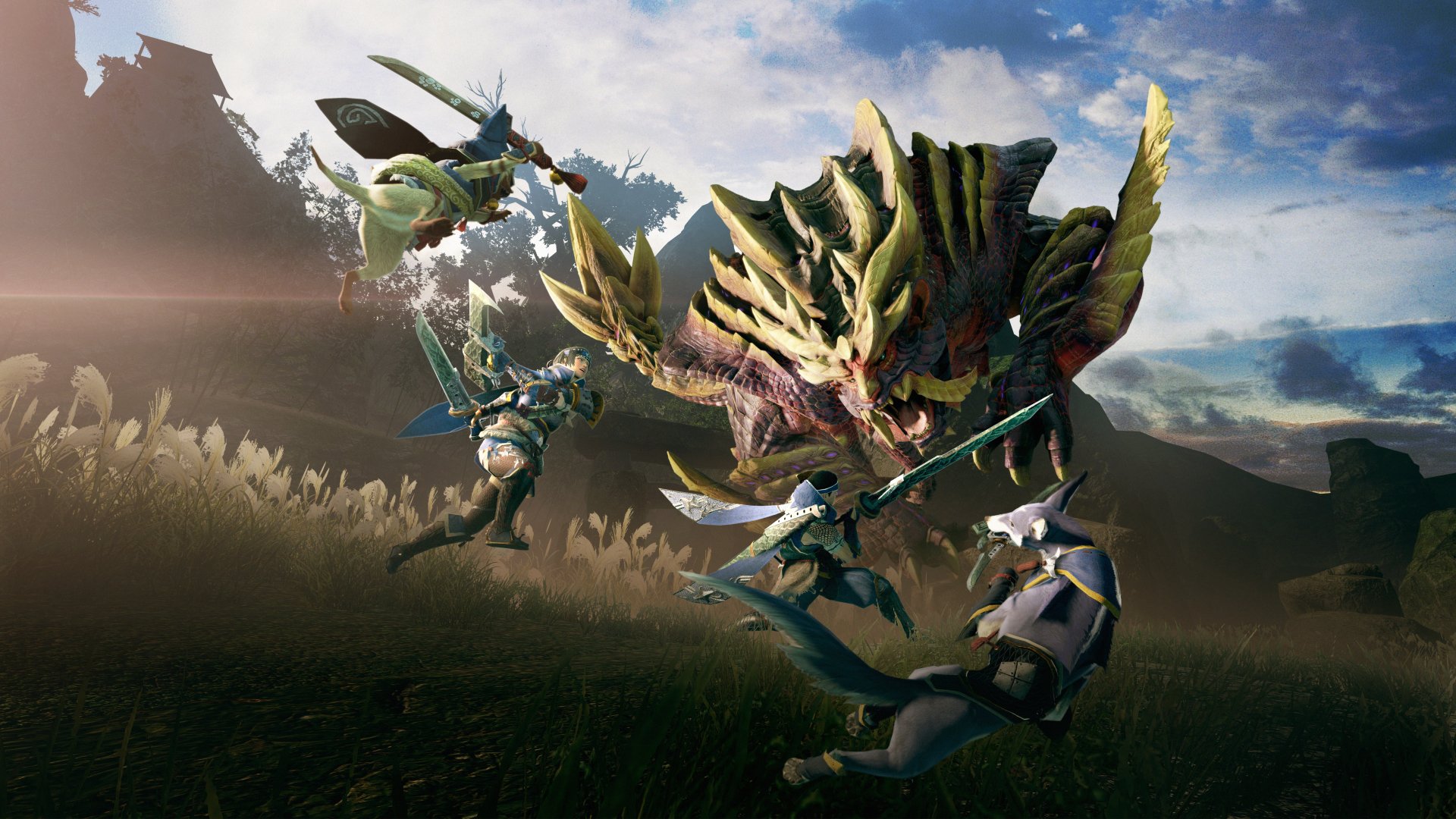
Improving your gear in Smithy focuses on collecting parts from monsters, meaning skillful hunting is more valuable than spending money. You can also get rare materials by trading with the Argosy and submarines, even while you’re doing other things. If you have extra parts, Melding lets you turn them into powerful talismans, making even duplicates useful. Completing event quests and sending out your buddy on expeditions helps keep this system going, so you don’t need to buy as much.
‘S.T.A.L.K.E.R.: Shadow of Chernobyl’
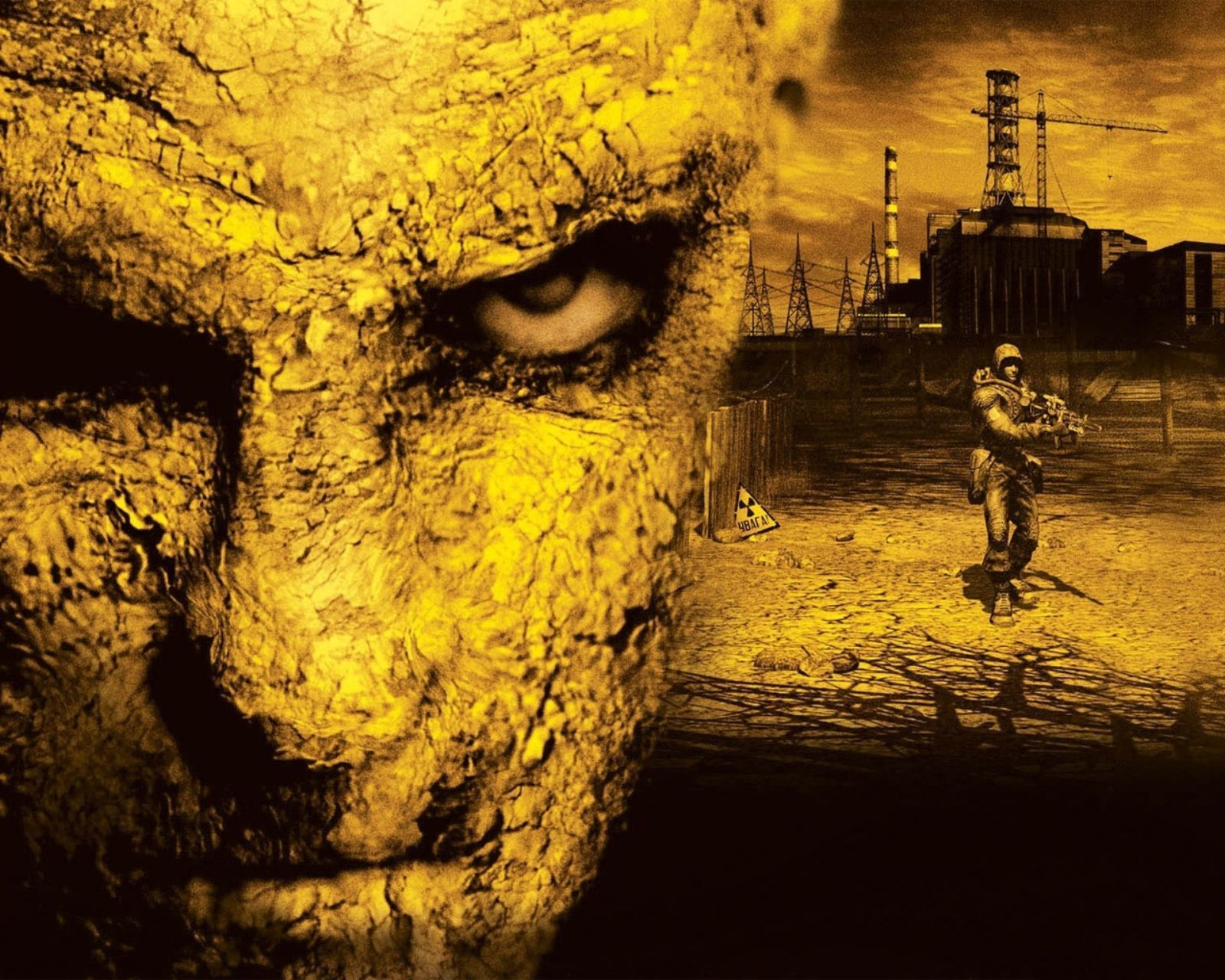
Traders and wanderers will gladly trade for artifacts and valuable items, frequently offering useful gear that you can’t simply purchase with money. Because of their unique qualities and weight, artifacts are especially good for bartering during long trips. What vendors are willing to trade also depends on which faction you support, so your alliances matter. The most successful trades happen when you plan your expeditions around areas rich with artifacts.
‘Cataclysm: Dark Days Ahead’
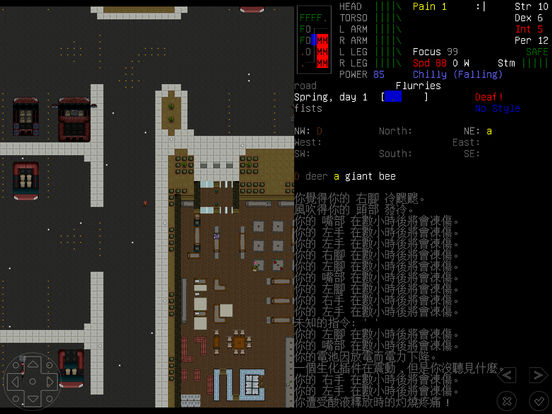
Since there’s no standard money, people in the game trade goods directly. They judge the worth of items based on how well you can haggle, the item’s quality, and its condition. Improving items – like repairing or upgrading tools and clothes – significantly increases their trade value. Different people want different things, so it helps to carry a variety of items. Things like skill books and clean water are often in high demand and can be used to get essential supplies like weapons and medicine, even without any money.
Share your favorite barter-first moments and clever trade strategies in the comments.
Read More
- Gold Rate Forecast
- Top 15 Insanely Popular Android Games
- Did Alan Cumming Reveal Comic-Accurate Costume for AVENGERS: DOOMSDAY?
- 4 Reasons to Buy Interactive Brokers Stock Like There’s No Tomorrow
- EUR UAH PREDICTION
- Silver Rate Forecast
- DOT PREDICTION. DOT cryptocurrency
- ELESTRALS AWAKENED Blends Mythology and POKÉMON (Exclusive Look)
- New ‘Donkey Kong’ Movie Reportedly in the Works with Possible Release Date
- Core Scientific’s Merger Meltdown: A Gogolian Tale
2025-11-18 23:51